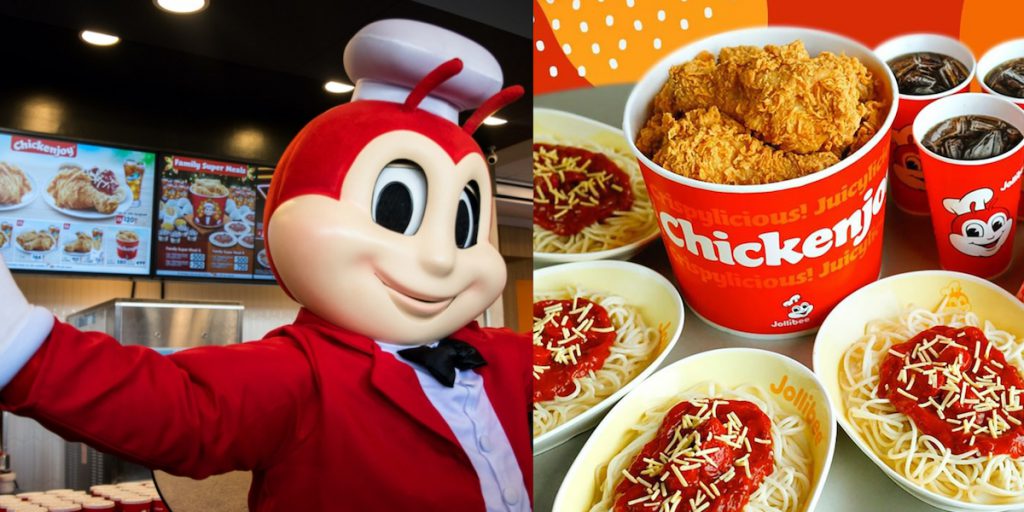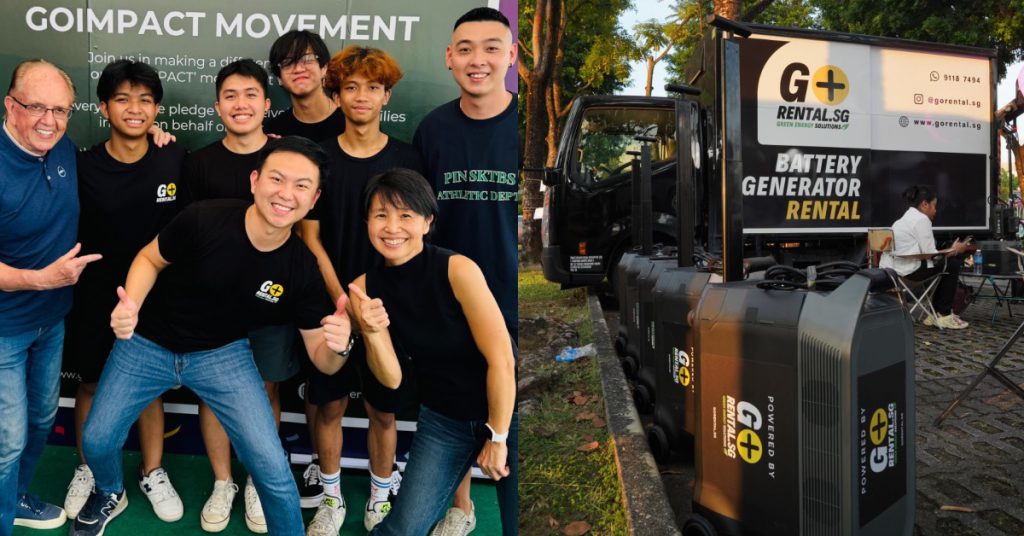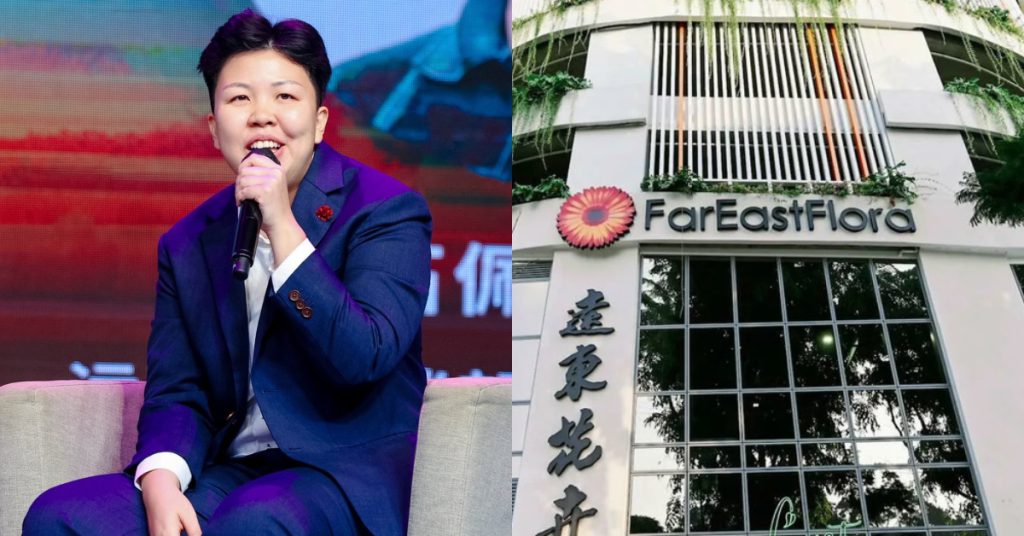COVID-19 has hurt many businesses and the F&B sector is clearly one of the worst-hit industries.
Jollibee Foods Corporation recently reported a P12 billion (S$336 million) net loss in the first half of 2020.
It also saw its shares take a dip, with US$2.2 billion wiped out in market value — the worst performance in the Philippines stock exchange in two decades.
Following the financial loss, the Filipino fast food giant will be closing 255 stores worldwide, although it did not disclose specific locations.

Due to the pandemic, half of the stores of its flagship brand Jollibee were forced to temporarily close worldwide during the second quarter.
To put things in perspective, it currently has 3,286 stores in the Philippines, and a further 2,588 stores worldwide.
The widespread closure resulted in a 48.4 per cent decrease in sales to P30.7 billion (S$859 million), according to its financial statement.
By the end of the quarter, 88 per cent of stores had reopened in a limited capacity and catered mostly to delivery and takeouts. With no dine-in customers, revenues fell by 46.6 per cent to P23.3 billion (S$653 million) in the second quarter.
According to Inquirer, Jollibee made a profit of around P2.5 billion (S$70 million) around this time last year.
On a year-to-date basis, revenues fell 25.3 per cent to P62.8 billion (S$1.7 billion), while sales fell 24.5 per cent to P85.8 billion (S$2.4 billion).
While COVID-19 is the main catalyst for these losses, it also included significant costs incurred from giving emergency aid for its affected employees and assistance to frontliners.
“The business results were very bad, but in line with our forecasts. We are now focusing on rebuilding our business moving forward along with implementing major cost improvement under our business transformation program,” said Jollibee CEO Ernesto Tanmantiong.
The P10.2 billion (S$285 million) net loss in the second quarter alone included the cost of P7 billion (S$196 million) for the business transformation programme.
“The spending for business transformation includes closure of 255 company-owned stores, change in ownership of 95 stores from company to franchisees, payment of pre-termination penalties of stores in the US and China, closure of supply chain facilities, and reduction in the size of the organisation in various countries where we do business,” said Jollibee CFO Ysmael Baysa.
Growth In S’pore Going Strong
Despite this gloomy outlook, Jollibee is seeing a steady growth in Singapore.

Yesterday (11 August), it announced the opening of its first ever cloud kitchen in Singapore to meet the strong demand for delivery.
Cloud kitchens are unmarked food production and delivery hubs without any dine-in facility in discreet and lower rent urban locations.
According to the company, the business contribution of Jollibee Singapore’s delivery has more than quadrupled compared to last year, from 10 percent in 2019 to 45 percent in 2020.
Cloud kitchens are part of the Jollibee Group’s overall transformation strategy to adapt to new customer habits and meet the continued strong demand for delivery amid the pandemic.
“As cloud kitchens roll out, we will be able to reach more consumers and fulfil more orders. The Jollibee Group is able to expand more quickly and cost-efficiently through this innovative store model, while maintaining the same safety and quality standards of our food,” said Jollibee CEO.
The cloud kitchen in Singapore is the third cloud kitchen to open in the Jollibee Group, with more slated to open soon.
Its other two cloud kitchens in the United Arab Emirates and the United States are reportedly well-received and outperforming targets.
Amid the uncertain business environment, Jollibee is still keen on introducing new products and is set to launch more cloud kitchens and new delivery systems.
Jollibee also remains optimistic that the company will swing back to profitability in 2021, and projects a growth rate of 15 per cent in 2022.
Their projections assume that lockdown restrictions will not be reimposed.
Jollibee is set to open 338 stores worldwide in 2020. It is also set to spend to turn Smashburger and The Coffee Bean and Tea Leaf — which are both acquired by Jollibee Foods Corporation — profitable by 2021.
Featured Image Credit: Rappler / @jollibeecanada via Instagram










